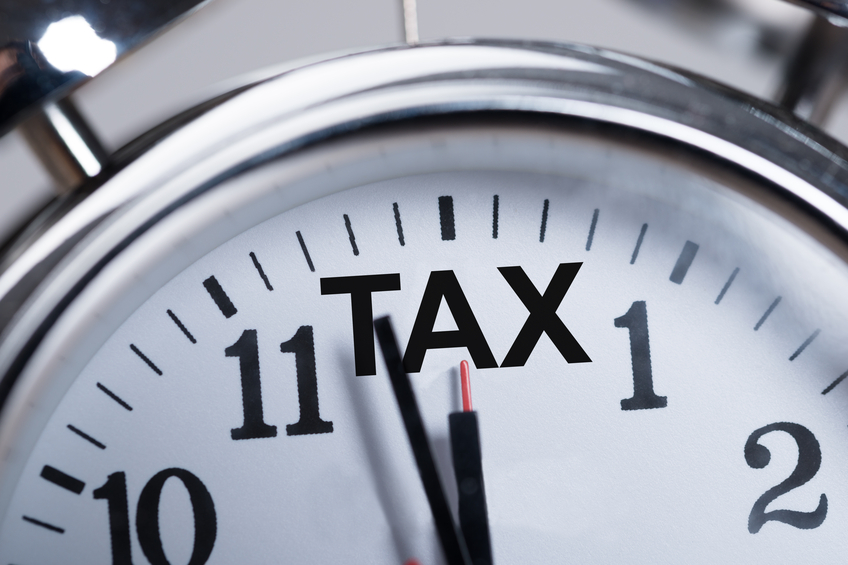Blowtorch on deductions in respect of residential investment properties from 1 July 2017
Treasury recently released draft legislation to give effect to the Government’s announcement to limit certain tax deductions currently available to residential property investors.
In broad terms, if these draft legislation proposals become law, then from 1 July 2017:
- Travel expenditure incurred by individuals to inspect and maintain residential investment/rental properties will no longer be tax deductible; and
- Depreciation deductions will be limited to outlays actually incurred in respect of plant and equipment installed in residential investment/rental properties purchased after 9 May 2017.
The amount of depreciation claim allowable will depend on when the plant and equipment was acquired, so:
- for plant and equipment acquired before or on 9 May 2017, the current owner will still be able to claim a deduction for depreciation on plant and equipment, provided such depreciation deductions were claimed in all prior income years in which the owner held the asset (this is so irrespective of whether a previous owner had claimed depreciation deductions on the plant and equipment); and
- for plant and equipment acquired after 9 May 2017, owners will still be able to claim a deduction over the effective life of the asset. However, subsequent owners of the property will be unable to claim deductions for plant and equipment purchased by the previous owner of that property.
Because these proposals are not yet law and may change before they are enacted, we will keep you updated on any new developments in this area.
No failure to lodge penalty if lodge outstanding returns by 31 August 2017
In acknowledgement of the ATO’s frequent electronic system maintenance issues, taxpayers now have until 31 August 2017 to lodge the following documents without incurring failure to lodge (FTL) penalties:
- 2016 tax returns;
- November 2016 to July 2017 monthly activity statements; and
- Quarter 2 and Quarter 3 2017 PAYG instalment activity statements and quarterly activity statements.
It is understood that if a FTL penalty has been imposed previously in respect of any of these outstanding documents, the ATO will automatically remit the FTL penalty (i.e. without the taxpayer having to apply for a remittance).
Please contact us if you have been affected and the ATO does not automatically refund your FTL penalty.
Know which work related expenses to claim
Taxpayers that are over-claiming work-related expenses are on the ATO’s hitlist.
Although there are a myriad of issues involved when claiming work-related expenses, the main three rules are:
- Only claim a deduction for money actually spent (and not reimbursed);
- The work related expense must directly relate to the earning of income; and
- An employee must have a record to prove the expense.
For example, a claim for work-related expenses would not be allowed if deductions are claimed for private expenses (e.g. travel from home to work and not required to transport bulky equipment), reimbursed expenses (e.g. an employee is reimbursed for the cost of meals, accommodation and travel) or if no records are kept.
How can Nexia Edwards Marshall NT help you?
For any questions or to discuss any of the above in relation to your personal situation, please contact Sarah McEachern or your Nexia Edwards Marshall NT Advisor.



